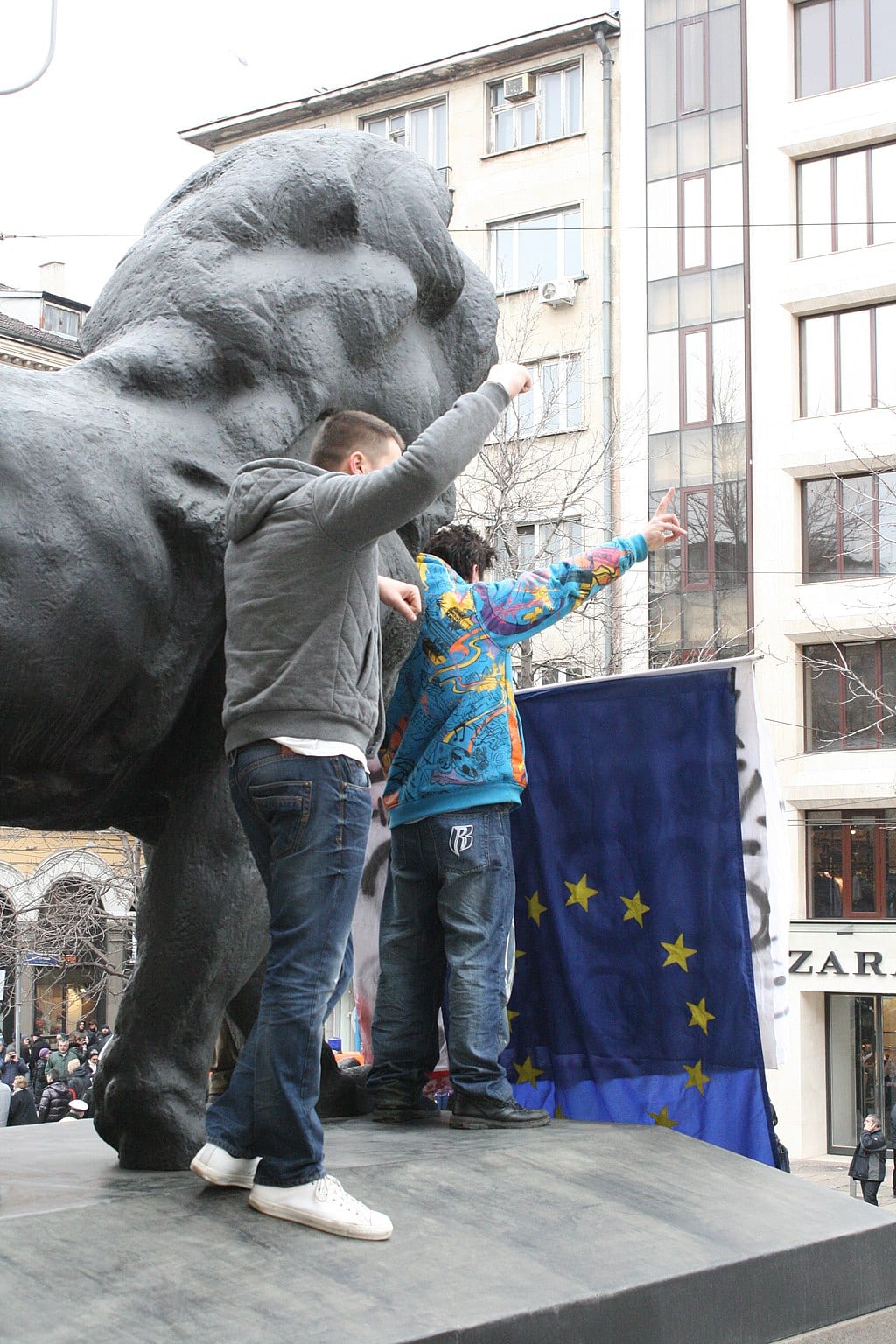PLAYING WITH FIRE: The 2018 March of Independence in Warsaw as a ritual of national identity building.
By Lisa Walters, on 23 January 2019
By Marta Kotwas (PhD Student, UCL SSEES) and Jan Kubik (Professor of Slavonic and East European Studies, UCL SSEES)
On 11 November 2018 Poland was to celebrate the 100th anniversary of its independence. The holiday attracted a lot of attention, both inside and outside the country, not only because it was a commemoration of a major milestone in the nation’s history, but also because in previous years, particularly in 2017, it was dominated by the massive March of Independence organized by a coalition of far right groups. In some years, particularly during the PO’s (Platforma Obywatelska – Civic Platform) term in office, aggressive football hooligans, often expressing radical nationalism, vandalised the streets and attacked their opponents or journalists.
The question many were asking in 2018 was how the day was going to turn out, bearing in mind the significance of the centenary. Would it be a joyful celebration of national pride dominated by stately parades and leisurely outings in a festively decorated city? Or – again – a day to be remembered for threatening columns of young ultranationalists parading in unison, occasionally under neo-fascist banners, and propounding a menacing, narrow vision of Polishness?
We have just published an article in which we describe and analyse the history of Polish Independence Day, particularly since the fall of communism. The holiday, established in 1937, was banned by the Nazis and Communists and reinstated in 1989. In the post-1989 period it has come to be regarded as the most important day in the national ceremonial calendar. While following the gradual change in the event’s organization, décor, performative style, and ideology, we have become intrigued by what we have eventually conceptualized as the “symbolic hijacking” of the day by several extreme right-wing organizations.
 Close
Close


